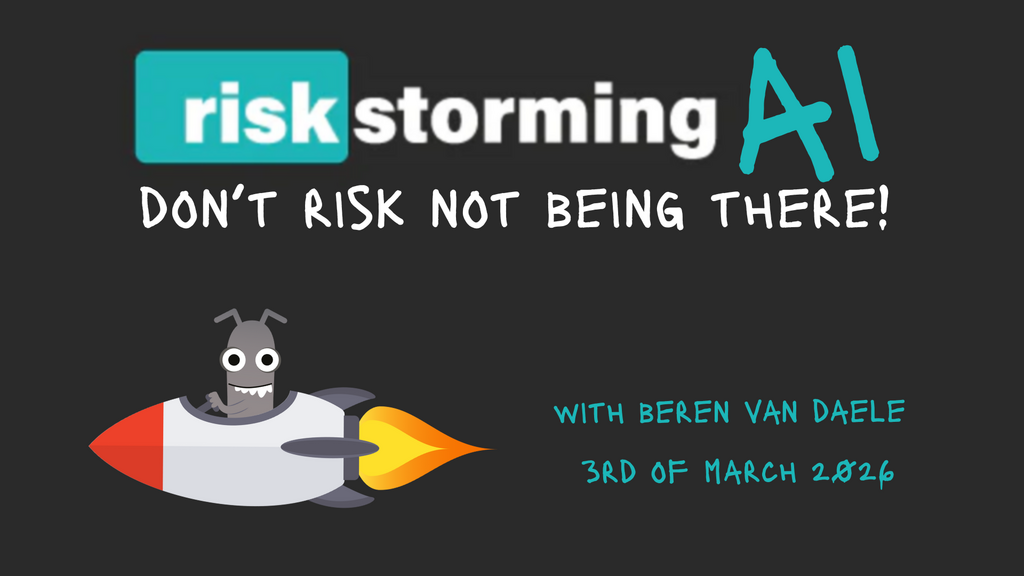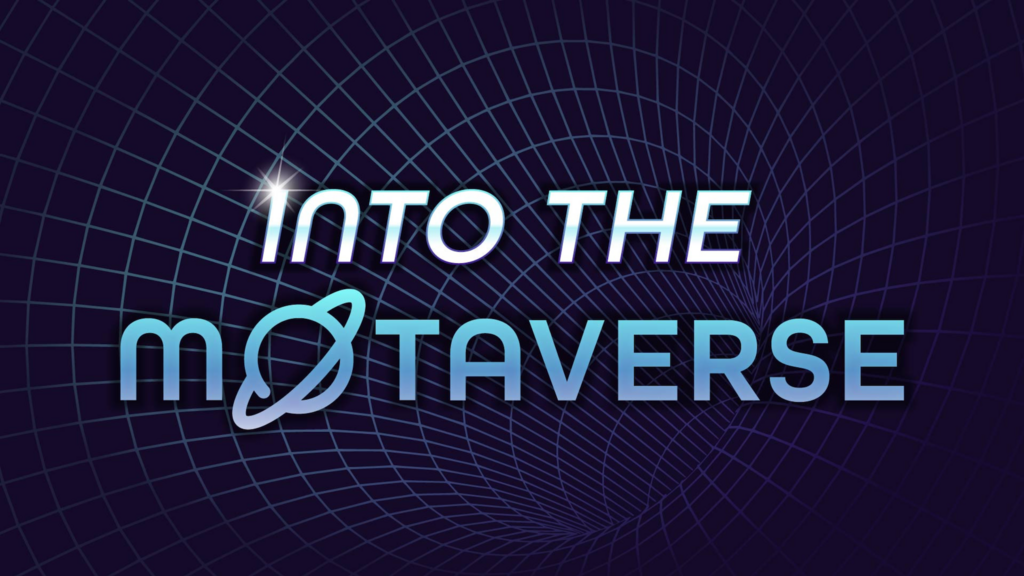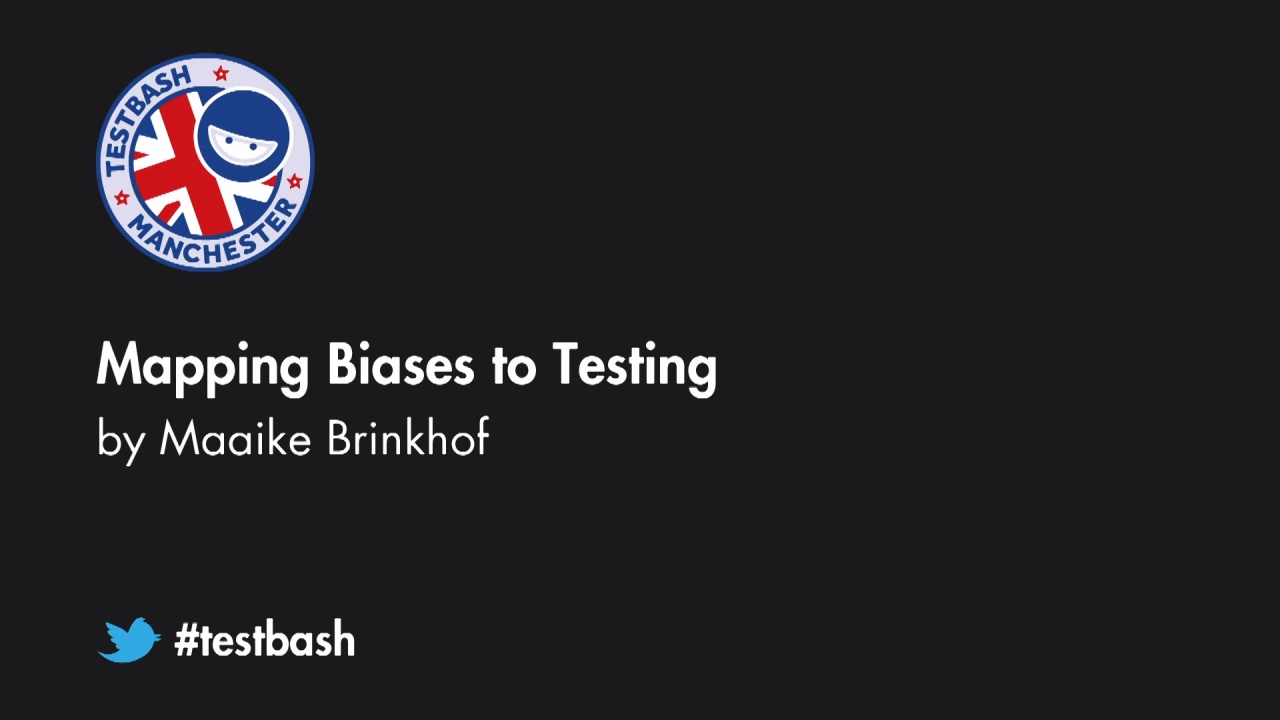Talk Description
We used to believe in the statement: “testers should be objective”. This translated to separate test teams because letting testers work together with developers would mess with their objectiveness. Thankfully, we are now working together, but what about testers’ objectiveness? Does that even exist?
The book “Thinking, Fast and Slow” by Daniel Kahneman has been mentioned at many conferences and with reason! In this book, the myth of objectiveness is debunked scientifically. We take many shortcuts in our brain without us even realising it (fast thinking). In this talk, certain biases like the ‘anchoring effect’, the ‘confirmation bias’, ‘priming’ and others will be mapped to testing. The goal is to accept that we are biased and that we should learn to work with our biases instead of against them.
This is important if you want to become more aware of your biases and start your journey of self-improvement as an agile team member. This talk is mostly geared towards testers, but some of the biases will also relate to Scrum and agile principles in general. It doesn’t matter how experienced you are, learning (more) about this can never hurt. My goal is that you will be inspired to work differently and know more about your own biases.
Attendees will takeaway:
- They will learn what 'fast thinking' and 'slow thinking' means
- They will learn what 'cognitive bias' means and they will learn how specific biases can influence their testing activities.
- I will tell stories of how I personally was influenced by biases and how I try to learn from those moments. Hopefully, my examples will be recognised by others, so that the abstract concept of a bias will be mapped to a testing reality for the audience.
Suggested Content





